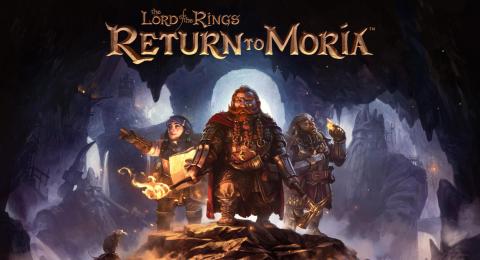
The U.S. Federal Trade Commission has announced that it is launching a formal investigation of loot boxes in gaming, to determine whether they constitute gambling, or not. This was made during a hearing where FTC chairman Joseph Simons addressed New Hampshire Senator, Maggie Hassan, as Kotaku explains. Hassan has previously gone after the controversial randomizing game mechanic, citing reports that some 31 percent of U.S. children have participated in the practice at some point.
"Given the seriousness of this issue, I think it is in fact time for the FTC to investigate these mechanisms to ensure that children are being adequately protected and to educate parents about potential addiction or other negative impacts of these games," Hassan said. "Would you commit to undertaking this project and keeping this committee informed about it?"
Simons responded that he would, but has yet to detail in what form the investigation will take. It may be that it follows some of the preliminary work invested by state legislators and commissions which have already called out the practice as analogous to gambling, enough that they are considering banning the practice within their locales. We have seen that take place in countries such as Belgium, already, so it may be that the U.S. follows suit in the future.
There are big gaming companies like EA and 2K which are hoping to lobby governments to not ban the feature, as it has proved extremely lucrative for them. Gamers, however, typically loathe the practice, highlighting that not only does it take advantage of those with addictive personalities, but that it encourages games built around grinding to encourage people to pay for their randomized bonuses.








